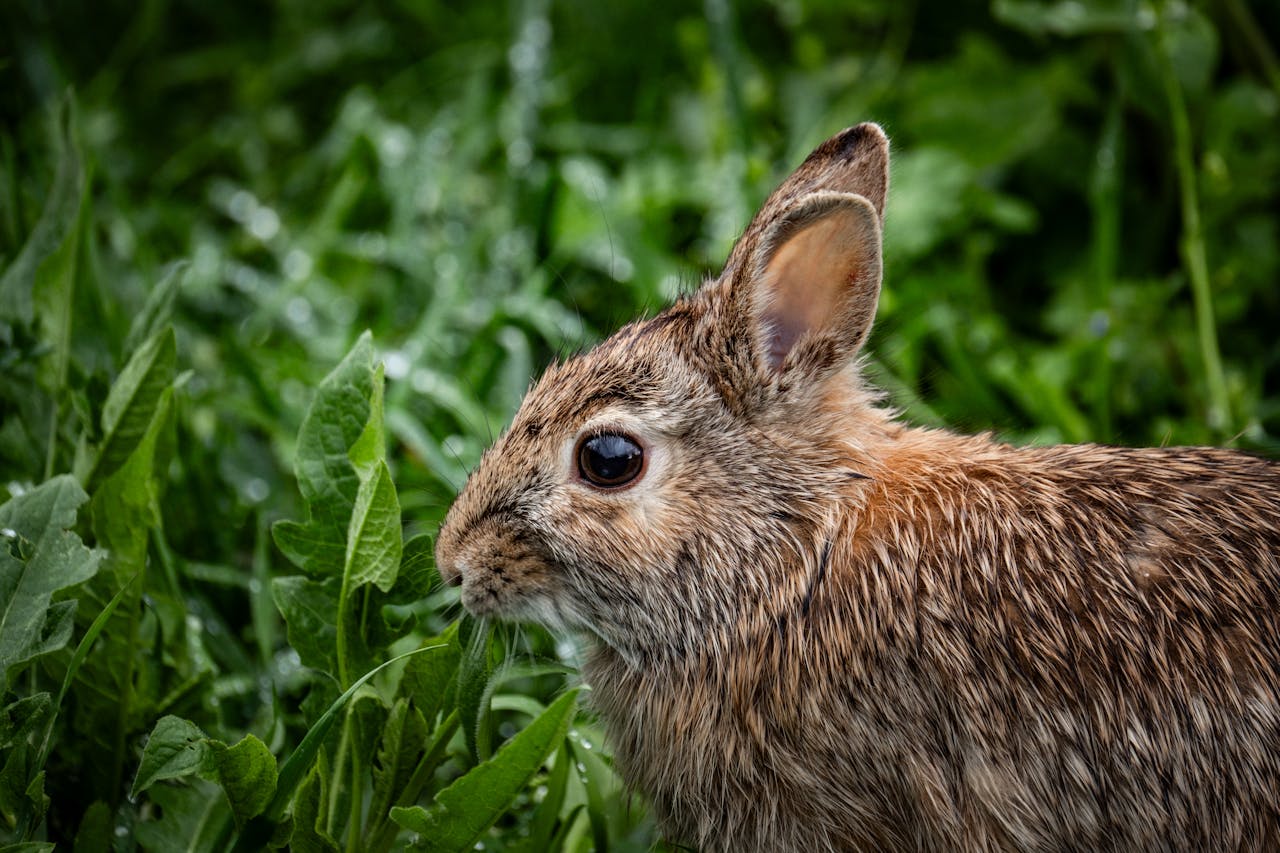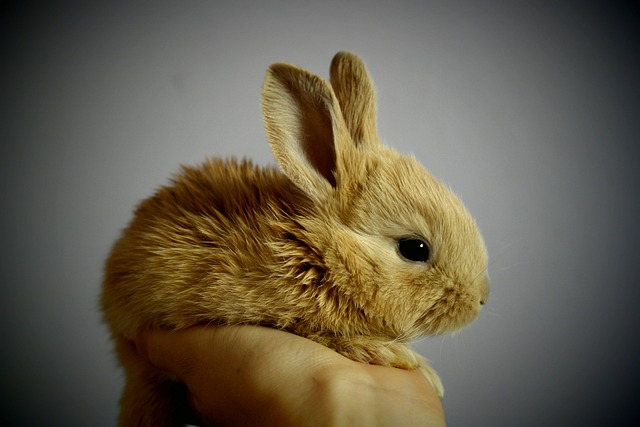Best Ways to Take Care of Newborn Rabbits
Are you a rabbit lover? Then this is your article to read and understand the possible ways to care for your newborn rabbits without getting casualties. You will get some tips to guide you so your bunnies will be protected from potential harm.

1. Get Prepared for the arrival of the newborn rabbits
How prepared are you for the pregnant rabbits? This is the stage to prepare quality diets for the pregnant mother to be able to give birth with health.
Give the mother quality diets
This is the time to prioritize what should be given to the mother to keep it strong before delivery. This may not be different from what you provide for them daily but try to provide a high-quality diet for your pregnant rabbits.
- Separate the pregnant rabbit from the male ones
There is no evidence of the male rabbit causing harm to the pregnant rabbit. But what is known is that the male rabbit can impregnate her again immediately after childbirth. This may affect the newborn rabbit’s growth. As the time for giving birth approaches, do not keep them together in the same way to prevent this.
It is also critical to remember that rabbits form close bonds and should not be kept apart. This will help cut down stress on the female rabbit during and after childbirth.
- Prepare her nest box
It is important to get the best place for your rabbit to give birth. Clean it nicely and make sure you check it well before transferring it to it.
Newborn rabbits typically have their eyes and ears closed at birth and are kept warm in their nest box. Keep the place well-ventilated and add a bedding place for them.
Are there any sharp objects, broken bottles, or metals that may harm the mother? Check all these when transferring the pregnant rabbit to the new nest box.
- Give her a quality diet
Get your pregnant rabbit the best diet to stay healthy and strong for the new one to feed on after the birth. Feed your pregnant rabbit with a diet of 18 to 20 percent protein. This will keep her healthy and strong enough to cater for the new ones when they arrive.
Provide them with a diet that is lower in fat and higher in fiber. Make clean water available to the mother. Change her water twice or thrice every day.
Obtain her alfalfa hay, which has sufficient protein for her kits. Ask your vet for the best diet to be given at each time of her birth.
2. Handling the mother and Newborn Rabbits
Mostly when a rabbit is pregnant, it takes less than 40 days to deliver. The pregnant rabbit may not need your assistance in its delivery because it usually happens late at night. This means that you may wake up to see her with the beautiful young rabbits.
What you must first do is to check whether some of the kits did not survive during the process. Draw the mother away to see if some are dead and make sure you remove the dead one from those alive.
You do not have to worry when removing the kits from the mother because she is already bonded to you. Additionally, be sure to remove the placenta from the mother’s delivery site.
You now have the responsibility to handle them well from the period they were delivered, their eye and ear opening stage, breastfeeding, and their health. This period requires constant checks to avoid any casualties.
- Warm them when necessary
If the mother gave birth to any of the kits outside the place you provided, then you must send them to the nest box to keep them warm.
It is your responsibility to ensure their safety, warmth, and absence of the cold. They will often need your assistance to keep warm out of the cold weather.
- Provide them with Clean Water and Food
On the first day of their lives, they may not be able to eat anything, but the mother must still feed them and provide the necessary amount of breast milk.
While she is nursing the kits, the doe will need access to water and food. Taking quality food will help her to provide breast milk for the kits. Give her a healthy diet to maintain her strength and well-being.
- Check the mother whether is breastfeeding or not
The doe needs your supervision to understand whether she gives them breast milk or not. She may give them breast milk once or twice a day.
Look for signs of whether the mother is giving them enough of what they demand. They will have round tummies, indicating that they have consumed enough food. They will also keep silent instead of making noise when angry.
- Get the support of your vet officer
Despite your best efforts, some mothers may act as though they are not feeding their infants. The best approach is to get your vet officer’s support to handle that situation.
Your vet officer will help you in solving all the problems causing the mother not to nurse the young ones.
3. Keep the Nestbox Clean
Maintaining a clean nestbox will help your rabbits avoid infections and other health problems. To help them feel comfortable sleeping there, make sure you keep it clean every day.
Given that the typical rabbit can poop 200–300 pellets per day, litter boxes should be cleaned at least every one to two days to prevent disarray. You can use a white vinegar and water solution or a pet-safe cleaning spray like our Tiny Friends Farm Keep It Clean.
4. Monitor them regularly
Monitor them from the mother to the kits to avoid any surprise sicknesses. Check their way of eating, sleeping, and movement.
This will help you to quickly identify any misfortunes and other issues regarding their health.
What have you learned so far about newborn rabbits’ growth and diets?

